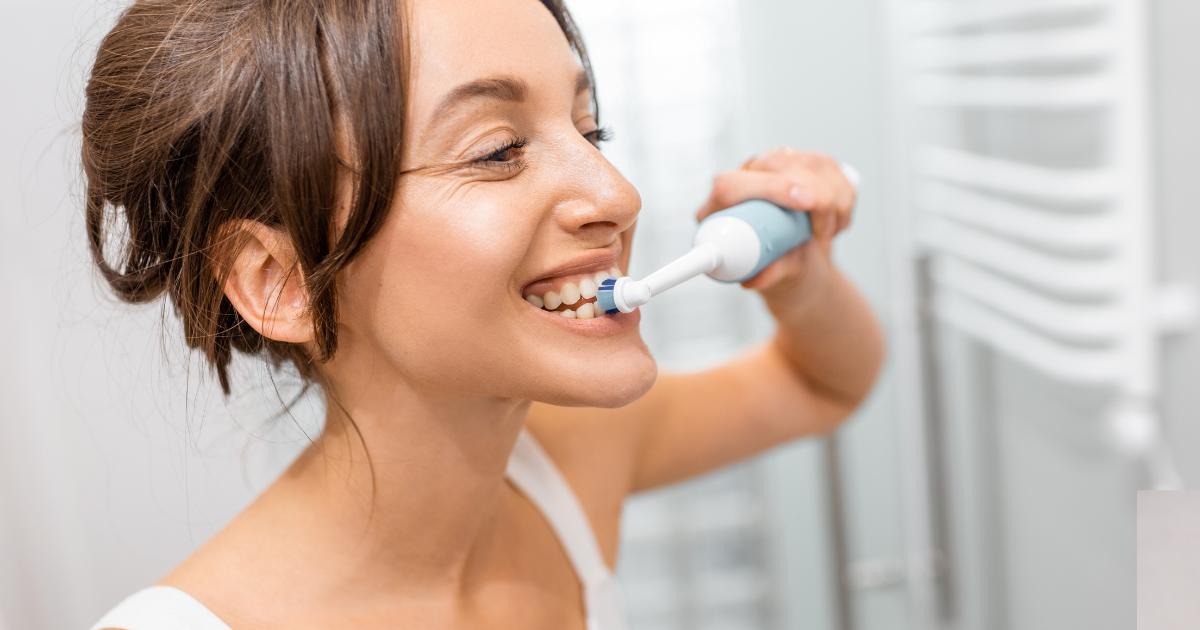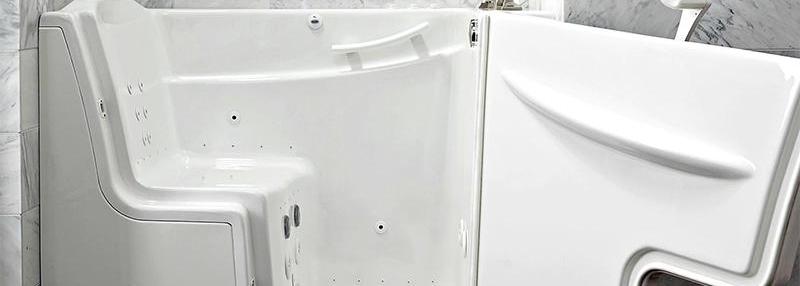Have you ever stood in the oral care aisle, staring at rows of toothbrushes and wondering which one is the better choice? The debate between electric and manual toothbrushes is a common dilemma for those aiming to perfect their oral hygiene routine. Both options have their loyal advocates, and the truth is, the “better” choice often depends on your unique dental needs and lifestyle. In this blog post, we’ll break down the differences, pros, and cons of each type to help you make an informed decision for your smile.
Advertisement
What Are the Differences Between Electric and Manual Toothbrushes?
The fundamental distinction between electric and manual toothbrushes lies in their operation. Manual toothbrushes rely entirely on your hand movements, requiring you to manually scrub your teeth in circular or back-and-forth motions. Electric toothbrushes, on the other hand, use a powered mechanism—such as oscillation, rotation, or sonic vibrations—to do much of the work for you.
Electric toothbrushes often come with advanced features like timers, multiple brushing modes, and pressure sensors, which manual brushes lack. These innovations are designed to improve your brushing technique and ensure you’re brushing long enough and not too hard. Meanwhile, manual toothbrushes are simpler, affordable, and widely accessible, making them a staple for millions worldwide.

Advantages and Disadvantages of Manual Toothbrushes
Advantages of Manual Toothbrushes
Manual toothbrushes are budget-friendly and easy to find, with options ranging from basic bristles to specialized designs for sensitive teeth or orthodontic care. Their portability makes them convenient for travel, and they don’t require batteries or charging. For those accustomed to traditional brushing methods, manual toothbrushes offer simplicity without the need for advanced technology.
Advertisement
Disadvantages of Manual Toothbrushes
However, manual toothbrushes depend entirely on the user’s technique and diligence. Studies suggest that improper brushing habits, such as brushing too quickly or applying excessive force, can lead to plaque buildup, gum damage, or enamel erosion. Furthermore, without a built-in timer, many people fail to brush for the dentist-recommended two minutes.
Advantages and Disadvantages of Electric Toothbrushes
Advantages of Electric Toothbrushes
Electric toothbrushes excel at consistency and efficiency. The automated movements—often thousands of strokes per minute—are designed to remove plaque more effectively than manual brushing. Features like pressure sensors help protect your gums, while built-in timers ensure you brush for the recommended duration. For individuals with limited mobility, such as arthritis sufferers, electric toothbrushes simplify the task of maintaining oral hygiene.

Disadvantages of Electric Toothbrushes
Despite their benefits, electric toothbrushes come with drawbacks. They tend to be more expensive upfront, with ongoing costs for replacement brush heads. Additionally, they require charging or batteries, which can be inconvenient during travel or power outages. Overuse or improper use of electric toothbrushes can also lead to gum sensitivity if you’re not cautious with pressure settings.
Which Is Better to Use?
The choice between an electric and manual toothbrush ultimately depends on your specific needs, preferences, and oral health goals. If you’re someone who struggles with technique or often skips the full two-minute brushing time, an electric toothbrush may provide the extra guidance and effectiveness you need. Clinical studies have shown that electric toothbrushes generally outperform manual ones in reducing plaque and gingivitis over time.
However, manual toothbrushes are a perfectly viable option for those with good brushing habits and a consistent routine. Dentists agree that technique matters more than the type of toothbrush. With proper brushing methods—gentle circular motions and a two-minute timer—manual toothbrushes can be just as effective as their electric counterparts.
Advertisement
Factors to Consider Before Choosing
- Budget: Electric toothbrushes are a bigger investment, so consider your financial situation before committing. Manual toothbrushes are a low-cost alternative for quality care.
- Dental Needs: People with braces, gum disease, or other dental conditions might benefit more from the precision and advanced features of electric toothbrushes.
- Lifestyle: Frequent travelers or those without consistent access to electricity may prefer the simplicity of a manual toothbrush.
- Personal Preference: Comfort and familiarity play a significant role—choose the toothbrush you feel most confident and consistent using.
Final Thoughts
When it comes to the electric vs. manual toothbrush debate, there’s no one-size-fits-all answer. Both options have their advantages and disadvantages, and the “better” choice depends on your oral health needs, budget, and personal preferences. Electric toothbrushes offer advanced features and superior plaque removal, while manual toothbrushes provide reliable, cost-effective care with the right technique.
No matter which toothbrush you choose, the key to maintaining optimal oral health is consistency. Brush twice daily, floss regularly, and visit your dentist for professional cleanings and checkups. After all, the best toothbrush is the one you’ll use correctly and consistently to keep your smile bright and healthy.
References
- American Dental Association. “Electric vs. Manual Toothbrushes: Which One Is Better?” Accessed December 13, 2024. https://www.ada.org.
- Mayo Clinic. “Dental Care Basics: Choosing the Right Toothbrush.” Accessed December 13, 2024. https://www.mayoclinic.org.
- WebMD. “Electric Toothbrush vs. Manual: Is One Better?” Accessed December 13, 2024. https://www.webmd.com.
- Healthline. “Manual vs. Electric Toothbrush: Pros and Cons.” Accessed December 13, 2024. https://www.healthline.com.


